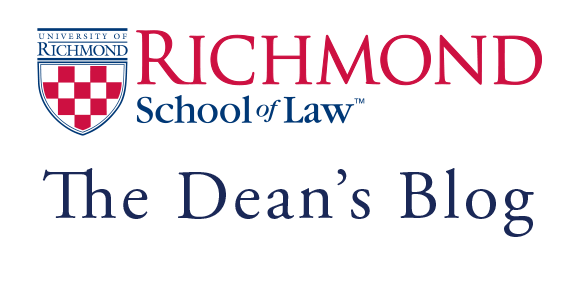A recent article in the Economist caught my attention: a study of what types of training has the biggest impact in assisting small business owners. Conducted in Togo, West Africa, the study divided small business owners in to three groups. One group got basic business education on such subjects as financial management, marketing, and creating a business plan. The second group got training, inspired by psychology research, that focused on teaching personal initiative, goal setting, and resilience in the face of setbacks. The traditional business training had virtually no effect while the group that received the psychology training saw sales and profits rise significantly.
Employers understand the importance of character and mindset. In a 2016 survey, 24,000 lawyers were asked what skills and characteristic were essential for young lawyers to have immediately, and most of the “skills” at the top of the list were matters of character – characteristics such as diligence, persistence, and initiative.
For law schools, it is too easy to conclude that our students are already fully formed adults and that therefore education focused on character and habits of mind is either not our responsibility or not likely to have an effect. But the studies such as the Togo project suggest otherwise. Programs on resilience, mindfulness, emotional intelligence, and other “soft skills” are beginning to make their way into law schools, including at the University of Richmond. For those who think that attention to these soft skills means law schools have gone soft, my response is this: There is nothing soft about focusing on the foundations for success.
